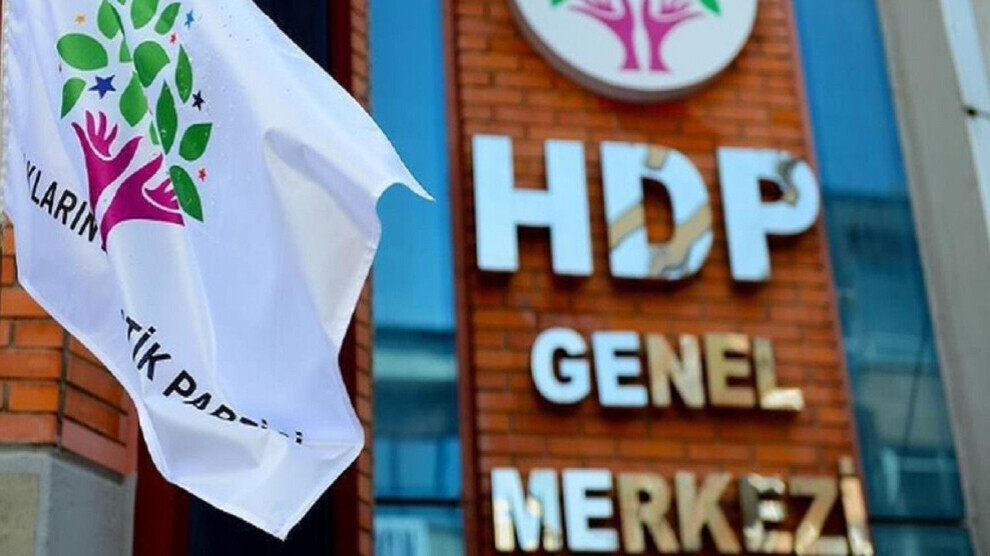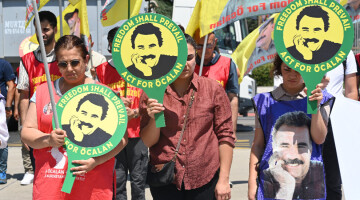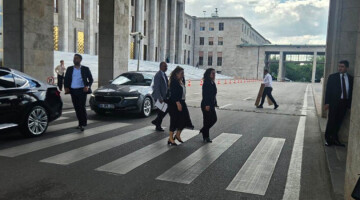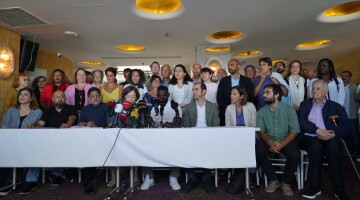On February 28, 2015, the "Dolmabahçe Agreement" was declared in Istanbul. The agreement was a ten-point plan negotiated between Abdullah Öcalan and the Turkish state for a resolution to the Kurdish question. The Kurdish side was represented by the HDP, and the delegation included Pervin Buldan, Sırrı Süreyya Önder and Idris Baluken. The peace process was terminated shortly thereafter by Recep Tayyip Erdoğan.
In a statement published on Sunday, the Peoples' Democratic Party (HDP) said: "Six years have passed since the Dolmabahçe Agreement declared on February 28, 2015 by the Imrali delegation and the state and government officials. This agreement has gone down in history as one of the most important and critical steps to realize Turkey's society's dream of democracy, peace and freedom, to be able to look to the future with hope and to create a social peace and an atmosphere of brotherhood."
HDP remarked that the agreement represented a "turning point for a solution to the Kurdish question that has lasted for a hundred years and an update of the millennial Kurdish-Turkish alliance. "It was not an agreement between the HDP and the AKP or between Mr. Öcalan and the AKP, as is often claimed, but an agreement reached between a state delegation and Mr. Öcalan on behalf of all components of the Kurdish movement. The priority was to resolve the Kurdish question as the fundamental problem of Turkey, but this agreement was at the same time a great opportunity presented for the democratization of Turkey. Unfortunately, the AKP, as one of the interlocutors in the matter, later denied the Dolmabahçe Agreement and sacrificed Turkey's democratic future to its power ambitions."
The cancellation of the agreement has not brought Turkey a single advantage, the HDP said, pointing to the developments of the past six years. “The country has been driven into a "whirlpool of darkness" in which, following the attempted coup of July 15, 2016, the state of emergency has become the normal state and the right to political activity and freedom of expression has been all but abolished. The economic crisis has deepened, the Turkish army is waging war in Syria, Libya and Iraq, and the judiciary has become a government power apparatus. In the meantime, there is even an open debate about banning the HDP as the third largest party in Turkey.”
The statement underlined that: “The only way out of this dark scenario is a return to a will for a democratic solution, which was expressed in the Dolmabahçe Agreement. The interlocutor for this agreement is the entire society, especially the opposition parties and all circles that have something to say about the future of Turkey. As the HDP, we declare that we remain committed to the Dolmabahçe Agreement's will for a solution and will continue our struggle until a democratic solution has been reached in Turkey. Standing behind this will is a democratic necessity that must be shown against the authoritarian view. On this occasion, we call on everyone once again to contribute to a solution."












